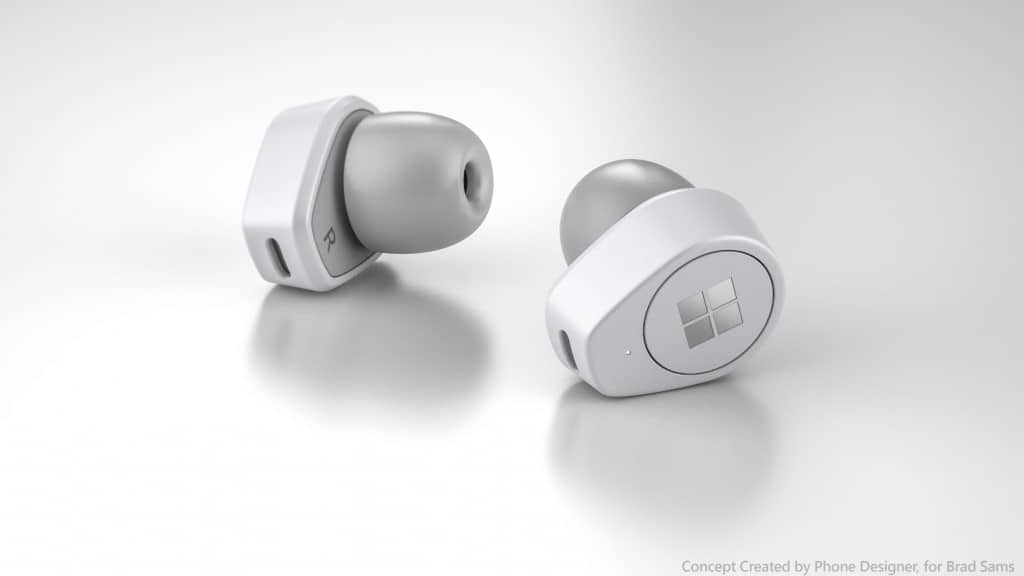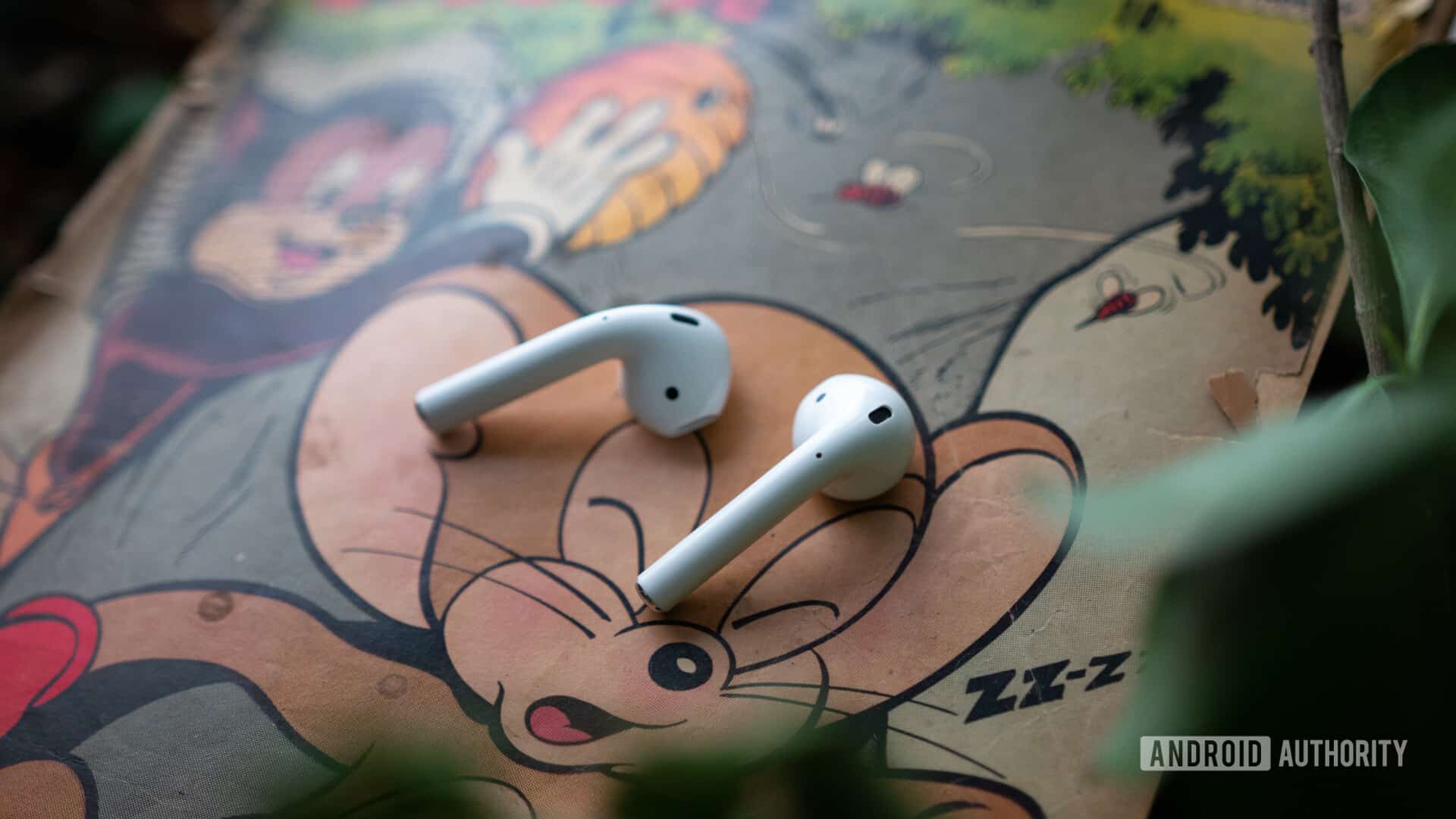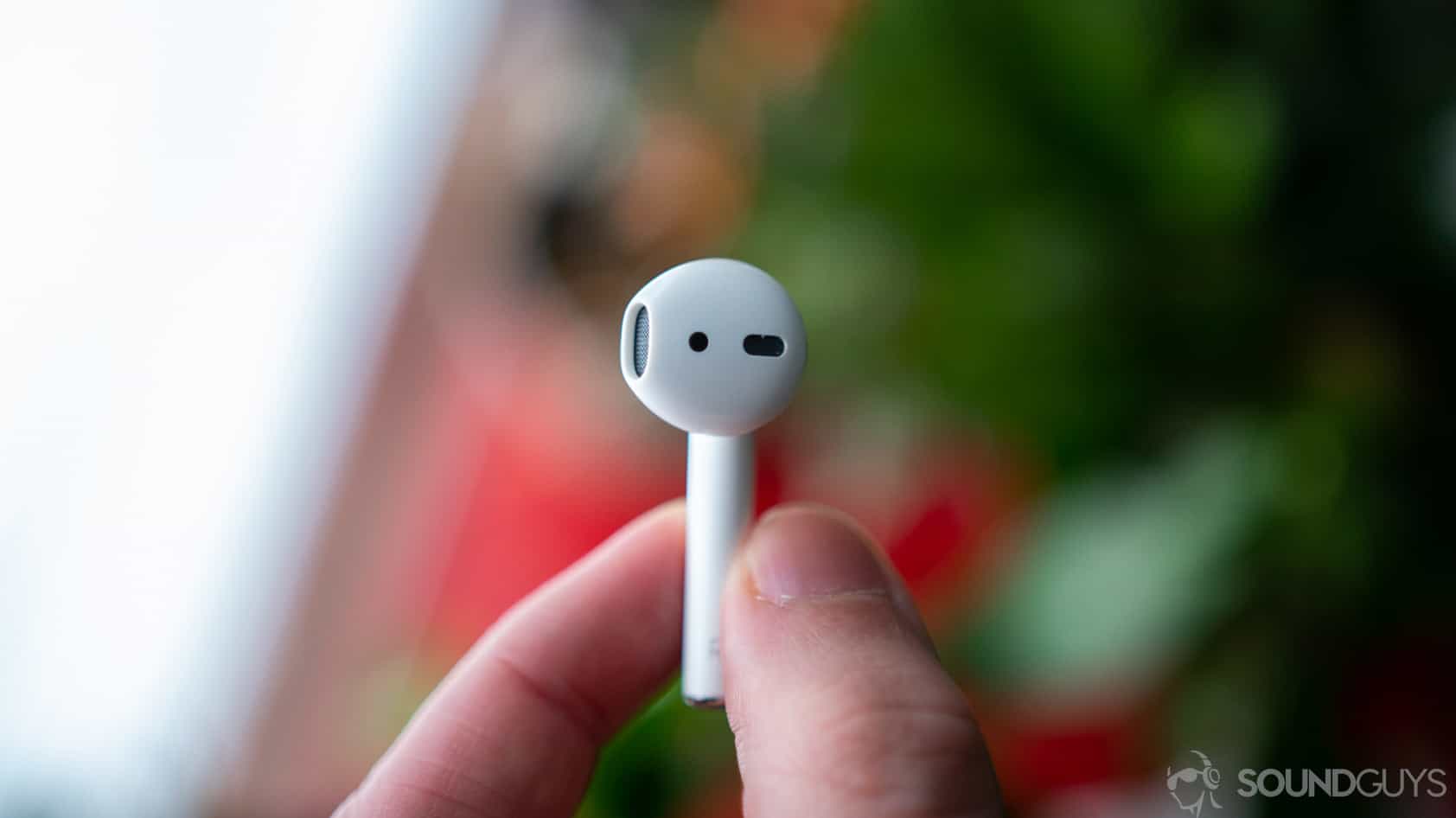Affiliate links on Android Authority may earn us a commission. Learn more.
Microsoft likely joining the wave of AirPods competitors
April 16, 2019

Just a week after rumors of Amazon’s covert true-wireless project, Microsoft is yet another company reportedly trying its hand at taking down the AirPods according to Thurrott. Microsoft insiders shared the company’s goals to further advance its audio repertoire with the development of codename Morrison, the true-wireless earbuds.
As audio enthusiasts will know, this isn’t Microsoft’s debut into the world of consumer audio. Last year, the household name released its Surface Headphones and years prior, it attempted to go head-to-head with Apple’s iPod by releasing a slew of Zune products. It’s safe to say Apple handily won that battle, making it evermore impressive that Microsoft is coming back with a direct swing at the Cupertino company’s ubiquitous true-wireless earbuds.
The supposed Microsoft true-wireless earbuds may complement the company's Surface Headphones by bolstering its consumer audio offerings.
Although little is known about the Microsoft earbuds, conjecture leads us to believe they’ll feature Cortana integration and noise cancelling if they’re to follow the Surface Headphones’ footsteps. Unfortunately, it doesn’t appear that Microsoft developed an H1 chip equivalent to couple with the earbuds though.
Why are the AirPods the ones to beat?

It seems everyone and their mother has an AirPods competitor in the works. Yet, companies still haven’t overtaken Apple in the true-wireless market. Some developed a similar stemmed design and others built all but identically shaped charging cases, but the lack of innovation has stifled the competition.
Many people feel that if they’re just going to get a lesser-than-AirPods product, they may as well invest in AirPods. Sure, developing earbuds to render the AirPods obsolete seems the obvious and popular approach. However, innovation doesn’t always mean crushing the competition at its own game — it could mean changing the game entirely, an approach that’s precluded when the objective is to tackle the dominant competitor.

By allocating energies toward besting the AirPods, companies are developing products with blinders on. They seem to consider only what makes the AirPods great. That said, what makes the old and new AirPods great isn’t the hardware — granted, the H1 and former W1 chips are excellent — it’s the reliability and faith that Apple customers put in the brand.
If companies are to continue with the same “what makes the AirPods great” approach, they should consider how to improve connectivity, arguably one of the best features of the AirPods. To others’ credit, Bluetooth streaming across Android devices is a mess: different codecs yield disparate results depending on what smartphone is used. However, an elementary strategy of improving earbud-to-earbud connectivity, not even considering streaming quality, would be much appreciated.
Naturally, it’s easier to make suggestions from afar than to actually work on a product while taking countless variables into account; however, if Microsoft and other companies truly want to outdo the AirPods, they should consider Apple’s roots and think different.